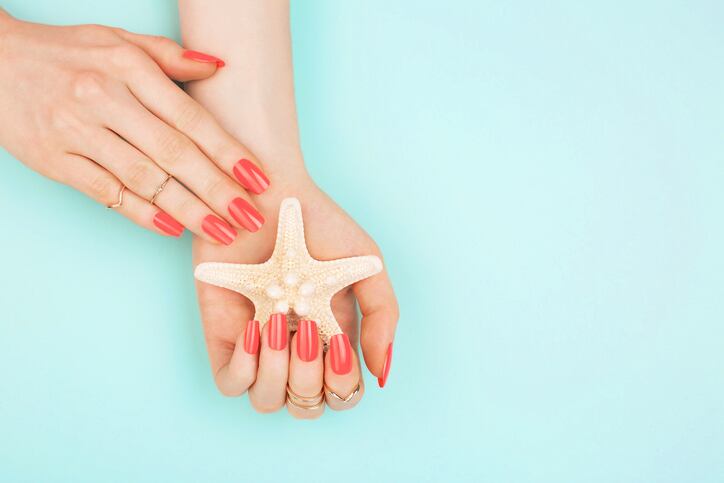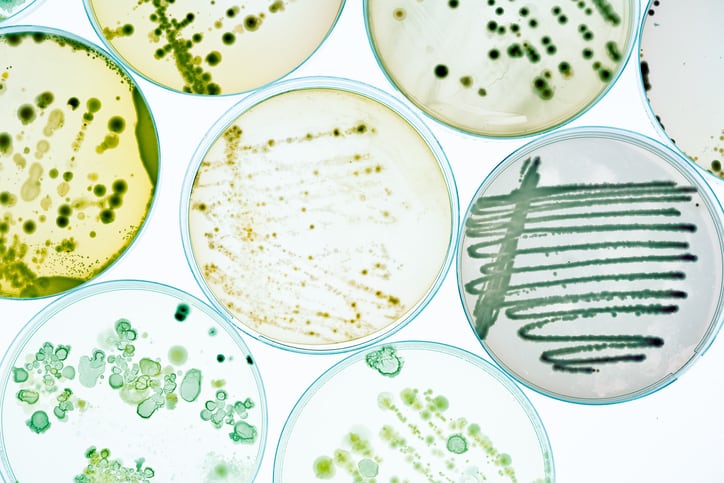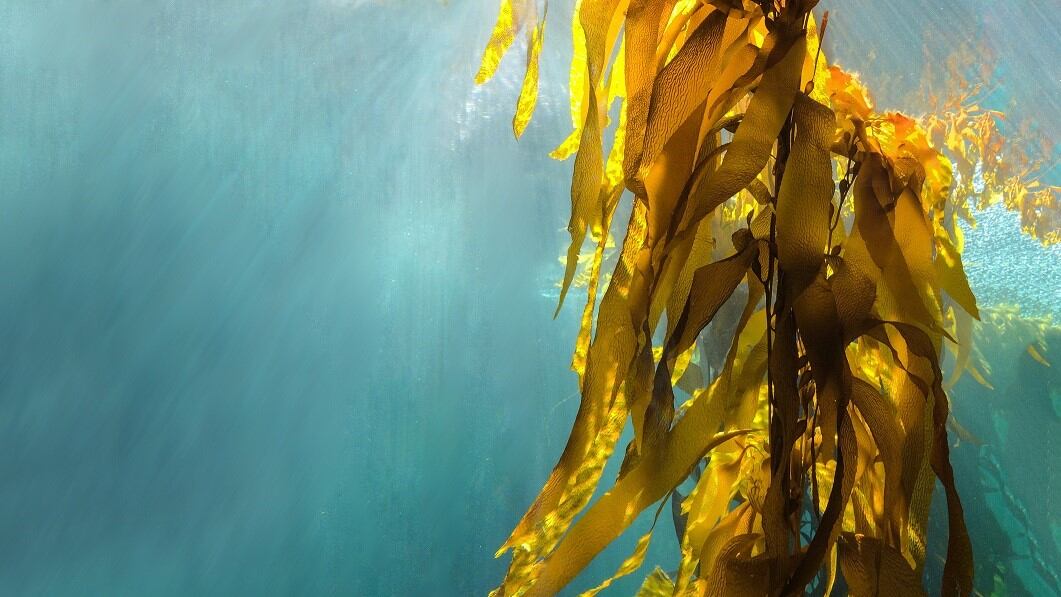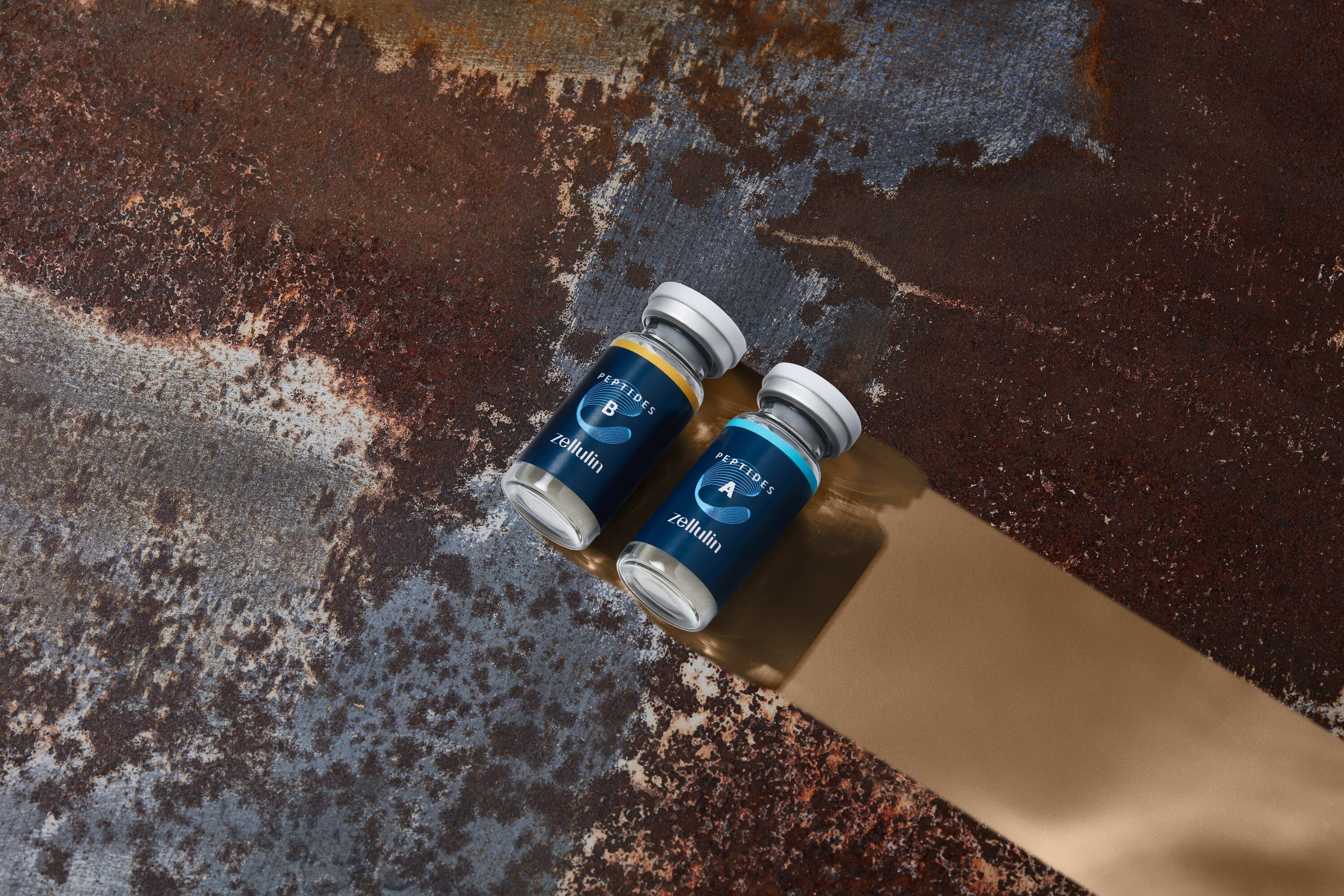Writing in Industrial and Engineering Chemistry, researchers from Korea investigated the cosmetic potential of collagen peptides extracted from the starfish species Asterias pectinifera – primarily found in Korea, Eastern Russia, Japan and China and considered a “critical marine hazard” because it damaged aquaculture fisheries.
The research – partly funded by Korea’s Ministry of SMEs and Startups – was conducted by Korea University in collaboration with local startup Starstech Co. – an environmental firm specialised in valorising starfish.
The eco argument behind starfish collagen
The researchers said various marine life sources had been tested over the years as biosafe alternatives to collagen derived from pork and cattle; animals susceptible to biosafety issues induced by animal diseases. Research efforts had included studies on marine sponges, fish, jellyfish and starfish.
Marine collagen alternatives
CosmeticsDesign-Europe previously covered a study on collagen derived from sea cucumbers and a review touting the exceptional potential and increasing interest around marine collagen.
And the researchers said using starfish as a marine alternative for collagen also tackled an important environmental angle.
“Although starfish provide ecological benefits as a primary scavenger of the carcasses of various animals on the seabed and other organisms, they can cause significant economic losses to the marine industry by destroying aquacultures, such as oyster, abalone, and shellfish farms. As predators of marine ecosystems in particular, they aggressively expand their population and invade the surrounding marine ecosystem,” the researchers wrote.
The Asterias pectinifera starfish species was specifically known for its damage to aquaculture farms “owing to its voracious appetite”, they said.
And whilst this starfish species had recently been identified as an “eco-friendly source of non-toxic and highly water-soluble low-molecular weight collagen peptides”, in vivo absorption remained a key challenge when looking to use these peptides in cosmetic applications, they said.
This current study, therefore, applied the “novel method” of encapsulating these collagen peptides with a lipid-based nanocarrier to overcome absorption challenges and test the true potential of Asterias pectinifera-derived peptides for cosmetic applications.
“Our elastic nanoliposomes loaded with starfish collagen peptides may not only be a new type of anti-ageing cosmetic agent but could also convert an invasive marine species into an eco-friendly biomaterial that is expected to create high value,” the researchers wrote.
‘Higher encapsulation efficiency’ and ‘superior anti-ageing efficacy’
“We prepared an elastic nanoliposome by controlling the composition ratio of phospholipids and low-molecular weight collagen peptides. Our results indicate that low-molecular weight collagen peptides extracted from Asterias pectinifera have higher encapsulation efficiency than the collagen peptides extracted from pork and fish, which have traditionally been considered as a conventional source of collagen,” they wrote.
Moreover, the research demonstrated that the elastic nanoliposome containing the collagen peptide of Asterias pectinifera reduced the expression of the protein coding gene MMP-1 caused by ultraviolet (UV) radiation-induced photoaging.
“Ultimately, we demonstrated their superior anti-ageing efficacy by measuring the reduction of MMP expression in photoaged cells.”
The researchers said, therefore, that elastic nanoliposomes loaded with low-molecular weight collagen peptides extracted from the starfish species Asterias pectinifera could be a “promising formulation as an eco-friendly source of materials for anti-aging cosmetics” because of the “low toxicity, enhanced skin permeability, and anti-ageing efficacy”.
“…We expect that starfish collagen peptide-loaded elastic nanoliposomes could be widely used as a practice cosmetic ingredient,” they said.
Source: Industrial and Engineering Chemistry
Published online ahead of print, doi: 10.1016/j.jiec.2021.03.039
Title: “Asterias pectinifera derived collagen peptide-encapsulating elastic nanoliposomes for the cosmetic application”
Authors: SB. Han, B. Won, SC. Yang and DH. Kim




